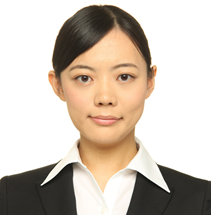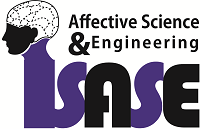Keynote
Seiko Kitahara (Former research fellow, Economic and Social Research Institute)

- Title
Do Digital Technologies Complement or Substitute for Human Labor?
- Abstract
Digital technologies such as artificial intelligence (AI) have been advancing rapidly and are increasingly being used in practice. However, few empirical studies have examined whether they complement or substitute for human labor. Exceptions are studies which predict the probability that certain jobs will be replaced by automation over the next two decades or so. In this study, using an original online survey of workers in Japan, we conduct difference-in-differences analyses on the effect of the introduction of AI on hours worked, employment, and the nonroutineness of tasks for five occupations that previous studies have identified as being likely to be negatively affected by AI. Our estimation results for workers overall show that the introduction of AI reduced hours worked, increased the nonroutineness of jobs in terms of the repetitiveness of tasks, and required more regular employees, even though it had no significant effect on total employment. Further, the estimation results by occupation differ across occupations. Overall, the results suggest that AI acts as both a complement to and a substitute for human labor.
- Profile
Seiko Kitahara is a unit chief at Nuclear Liability Division, the Ministry of Education, Culture, Sports, Science and Technology. She has a Master’s Degree in Pharmaceutical Sciences from the University of Tokyo, Japan. Her research interests include the organization and management of innovation, the social implementation of emerging technologies, and the role of the government in the R&D field.
